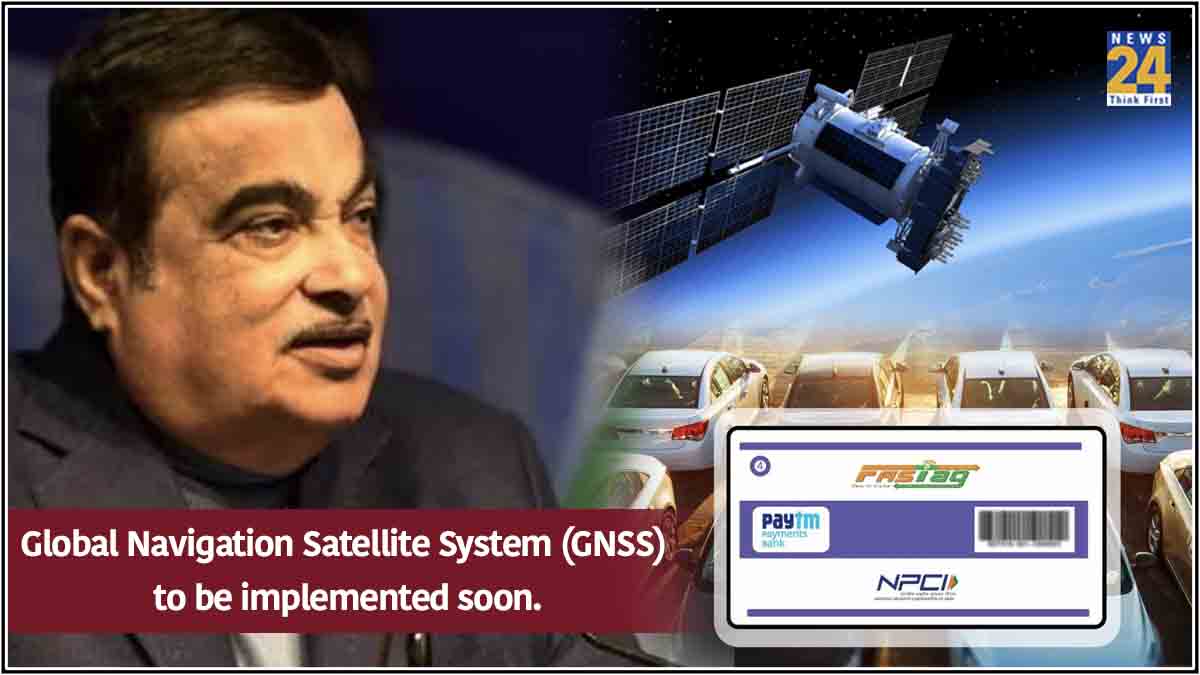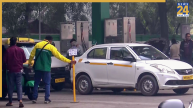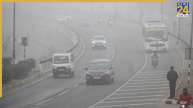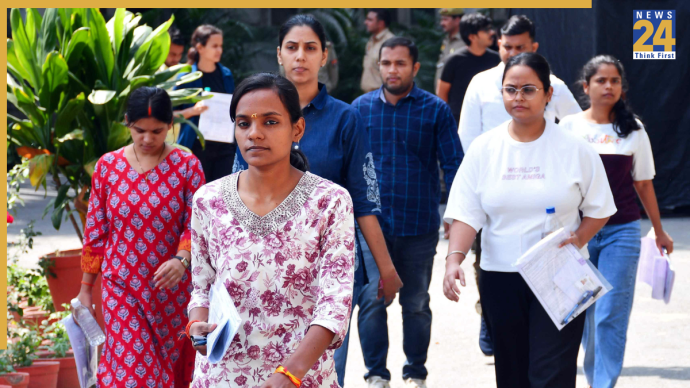The Indian government is soon set to introduce satellite-based electronic toll collection in India. It will first be rolled out for commercial vehicles, followed by a phased implementation for private cars, jeeps, and vans. This Global Navigation Satellite System (GNSS) technology will be implemented on all toll collections in the next two years. This will eliminate the need for toll plazas and fastag.
IHMCL presents an International Workshop on GNSS-based Electronic Toll Collection in India! Dive into the future of tolling technology with experts from around the globe. Visit https://t.co/DI1ruBqPLf for registrations. @NHAI_Official @MORTHIndia pic.twitter.com/5rkamDhzyb
---Advertisement---— FASTagOfficial (@fastagofficial) June 6, 2024
The benefit will be relief from congestion at toll plazas due to the new technology. In this technology, users will pay according to the distance traveled. GNSS-based toll collection will be the best toll system, barrier-free electronic toll collection. In this technology, toll will be collected by tracking the movement of vehicles to determine how many kilometers the vehicle has traveled.
The Ministry of Road Transport and Highways, through the National Highways Authority of India (NHAI), has invited global companies to implement the GNSS-based electronic toll collection system in India. Until now, India had the Fastag ecosystem in place.
Also Read: TDP’s Rs 5000 Crore Man: Chandrashekhar Pemmasani, First-Time MP, Now Minister
At every toll plaza, there will be two or more GNSS lanes. These lanes will have advance readers to identify GNSS-enabled vehicles. Non-GNSS vehicles entering these lanes will incur an extra charge. The GNSS-based tolling system will be implemented on 2,000 kilometers of national highways in the first three months. Subsequently, it will be expanded to 10,000 kilometers in the next nine months, with a target of reaching 25,000 kilometers of toll highways and ultimately extending up to 50,000 kilometers within 15 months.
Electronic toll collection in India is currently done through Radio Frequency Identification (RFID) technology, which has been introduced as FASTag since 2015.
Also Read: Cockroach Found In IRCTC Meal, Viral Video Creates Outrage












